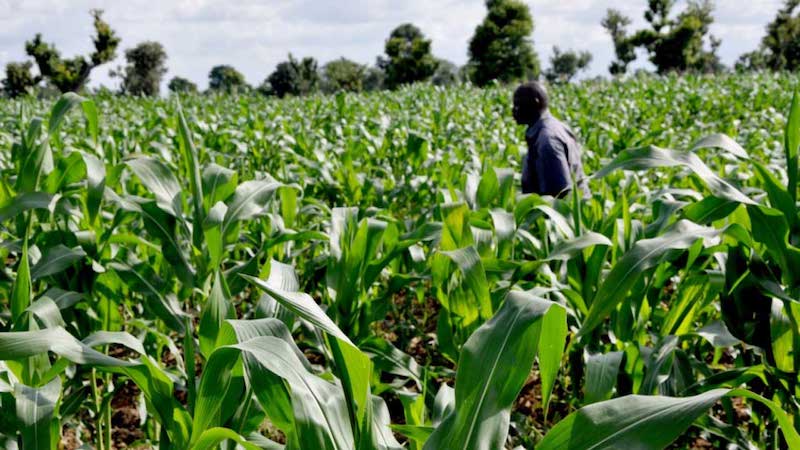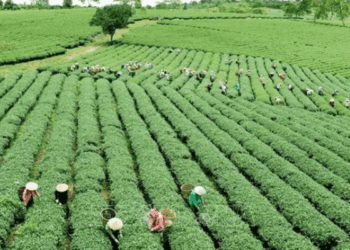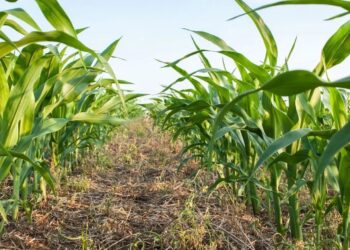Nigeria has launched sweeping reforms of its agricultural education system, aiming to strengthen food production and create employment for young people amid declining enrollment in traditional agricultural courses.
The initiative, jointly driven by the Federal Ministries of Education and Agriculture and Food Security, was unveiled in Abuja and will update the national curriculum to reflect modern agricultural practices and technology.
In a statement, Folasade Boriowo, Director of Press and Public Relations at the Federal Ministry of Education, said the reforms are designed to align academic training with President Bola Tinubu’s vision of a technology-driven agricultural sector.
Education Minister Tunji Alausa, called the plan a pivotal step in repositioning agriculture as a cornerstone of Nigeria’s development. He expressed concern that despite consistent investment, enrollment in agricultural courses has been falling.
“Statistics from the 2024 Unified Tertiary Matriculation Examination revealed that 47.92 per cent of admission slots allocated to agricultural courses remain unfilled,” Alausa said. “Agriculture is a major national priority, but enrollment in agricultural courses in higher institutions is dropping. This shortfall poses a significant threat to Nigeria’s food production goals.”
By contrast, vocational agricultural training is seeing rising demand. Alausa disclosed that out of more than 900,000 applications for Technical and Vocational Education and Training (TVET), 210,000 were for livestock farming alone, while agriculture overall ranked close to garment-making, which drew 260,000 applicants.
“This shows young Nigerians are eager for practical agricultural skills, but the outdated university curriculum has not kept pace with industry realities,” Alausa said.
The reforms will integrate value-chain development, innovation, and hands-on training into agricultural education, with the goal of replicating models like Benin Republic, which raised earnings from cotton exports from 500 million dollars to 12 billion dollars by shifting into processing.
Minister of State for Agriculture and Food Security, Aliyu Abdullahi, said aligning education with national priorities was essential for achieving food sovereignty. “Our curriculum must focus on practical skills and innovation, not just theory,” he said.





